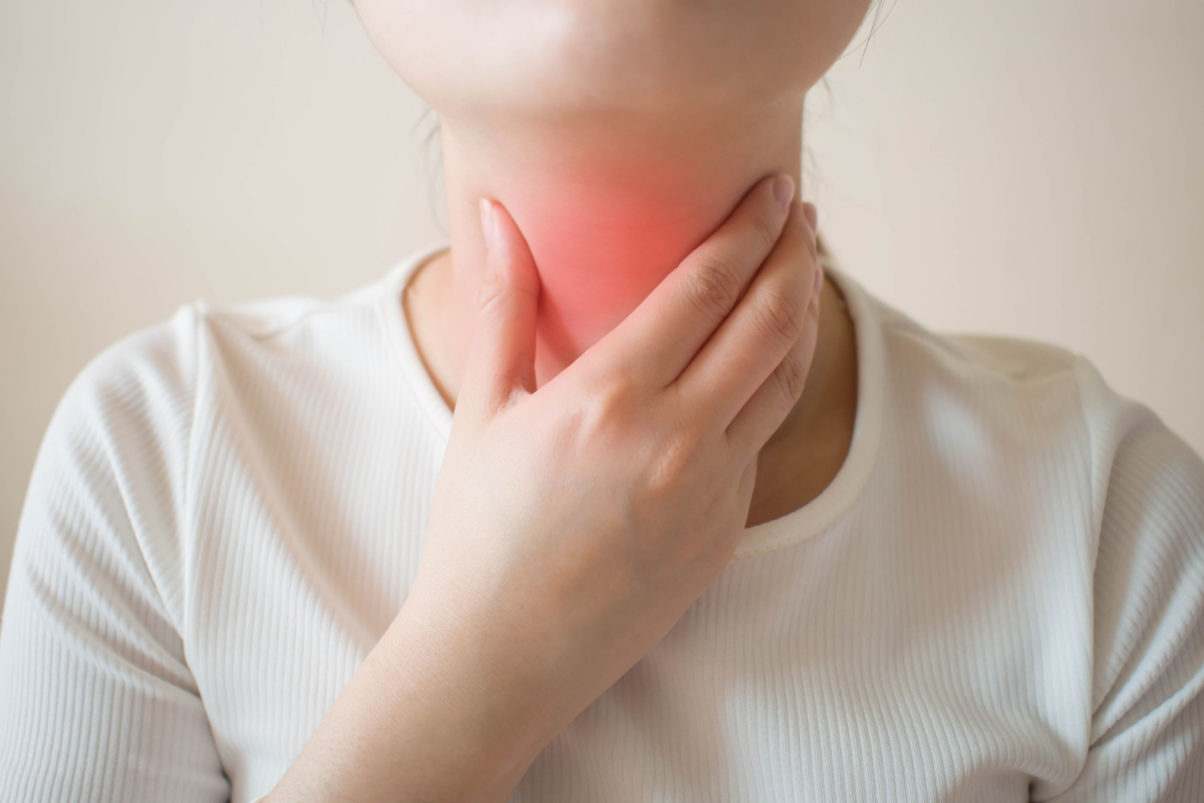Accounting for nearly four percent of all cancers in the United States, head and neck cancers are cancers that develop in the larynx, throat, mouth, nose, and sinuses. Unfortunately, these cancers are often difficult to detect at home. Therefore, it is important to schedule regular health appointments to allow your dentist to check for any warning signs of cancer. Keep reading to learn more about the importance of head and neck exams and how they are performed.
What is a Head and Neck Exam?
A head and neck exam is used to evaluate your risk of oral cancer. During your dental visit, your dentist will check your head, jaw, and neck for any abnormalities, including color changes, lumps, and legions. Painless and quick, this exam is an important part of cancer prevention and can provide you with lasting peace of mind.
The Importance of a Head and Neck Exam
Head and neck exams should be conducted every six months to catch any signs of oral cancer early. The earlier the diagnosis, the higher the chance of survival after treatment. Oral cancer usually occurs in people over the age of 45 but can develop at any age. Signs of oral cancer include sores, lumps, white or red patches, swelling, sore throat, and pain when chewing or swallowing.
How a Head and Neck Exam is Performed
While you are seated, your dentist will first examine your nose, lips, thyroid, and neck. With both hands, he or she will gently feel the area under your jaw and side of your neck for any signs of cancer. Next, your dentist will have you open your mouth to inspect your oral tissues, including your tongue, tonsils, and back of the throat. He or she will have you stick out your tongue to look for any signs of swelling or abnormal color or texture. In addition, your dentist may gently feel the floor and roof of your mouth and gently press against the insides of your lips and cheeks to check for lumps or sensitivity.
Final Word:
If you are due for your regular checkup, schedule an appointment today with your dentist. During your visit, your dentist will complete a head and neck exam and provide you with recommendations on how to lower your overall risk of oral cancer.


 Previous Article
Previous Article

